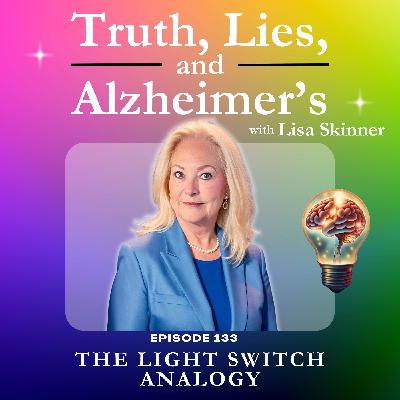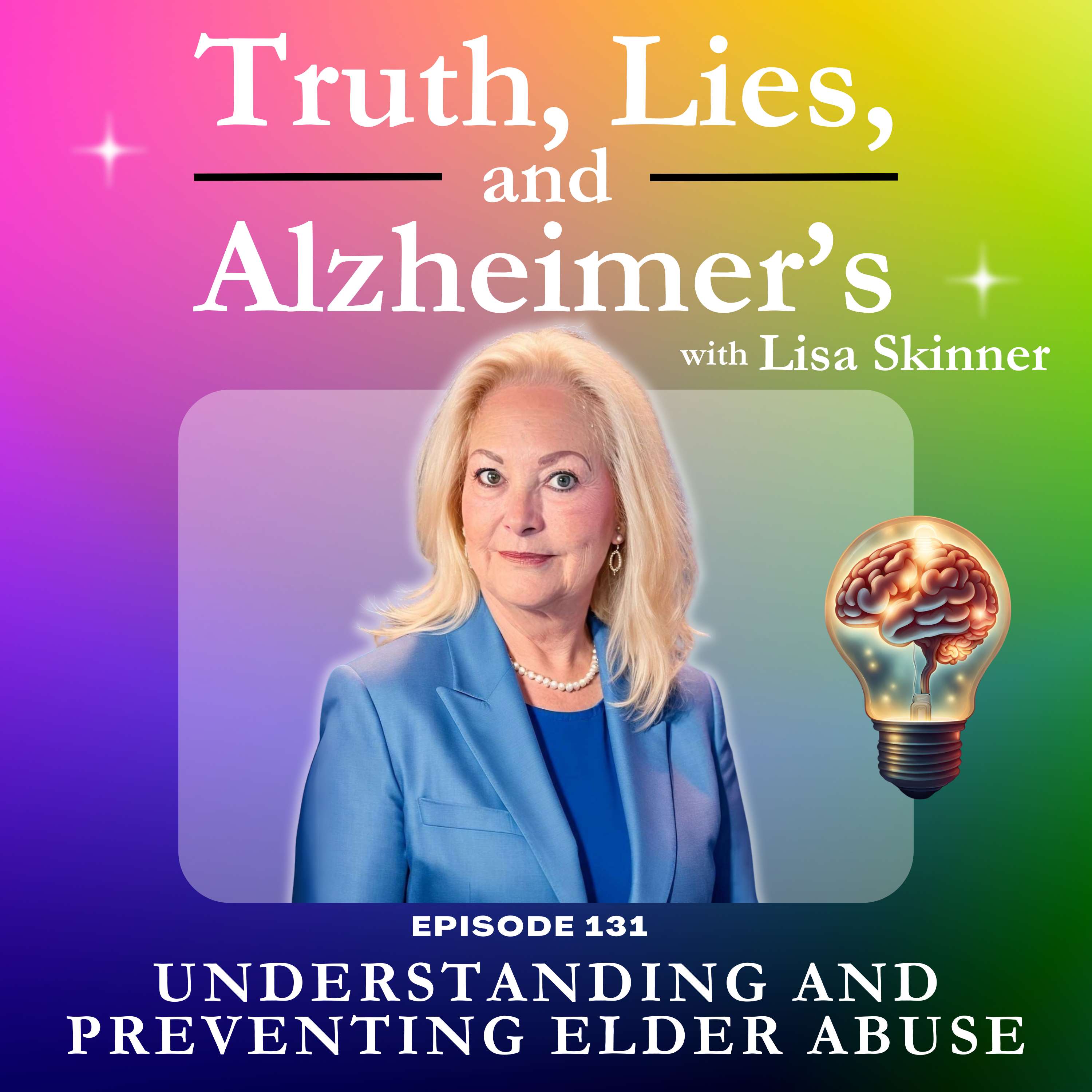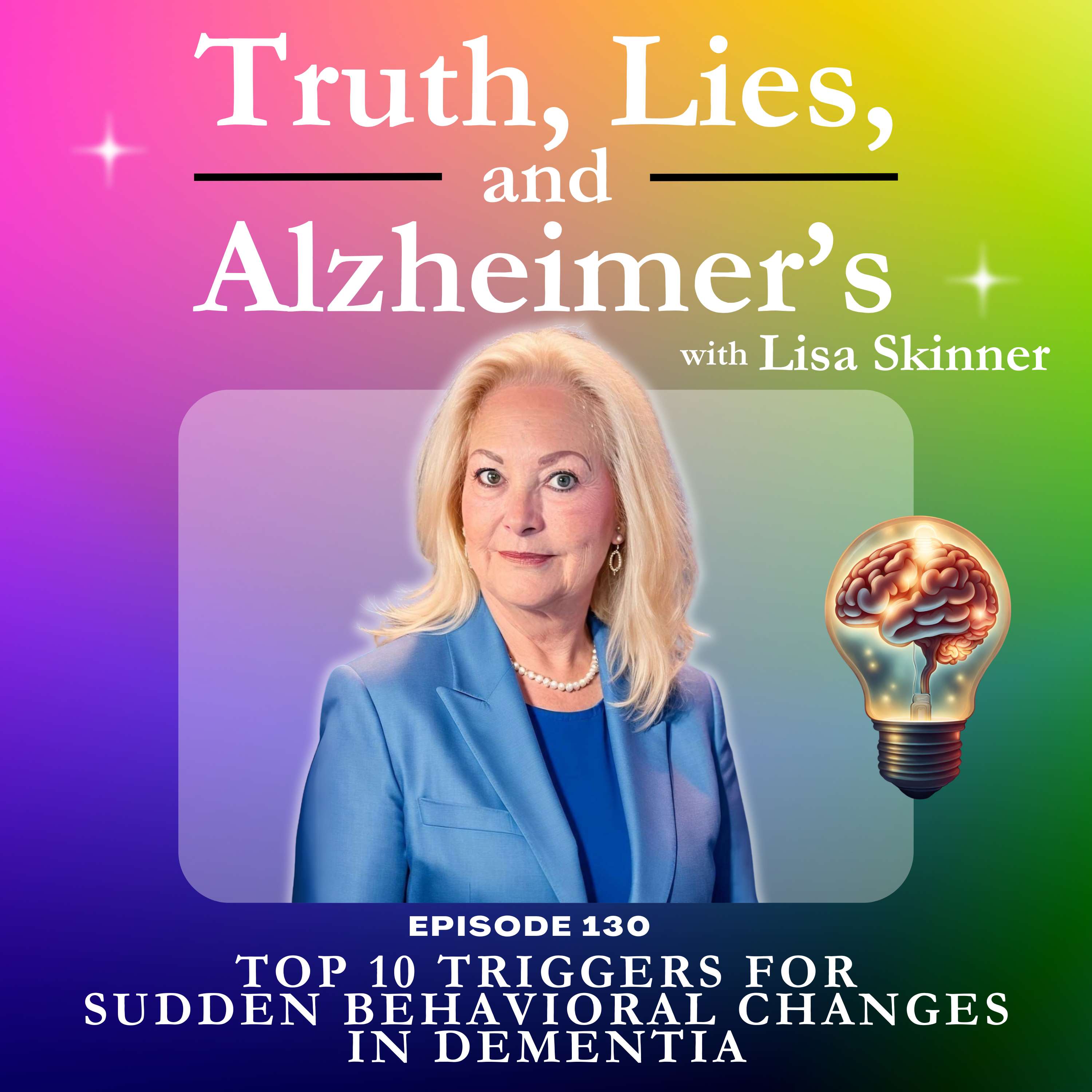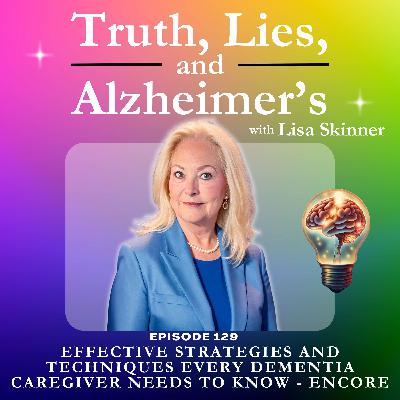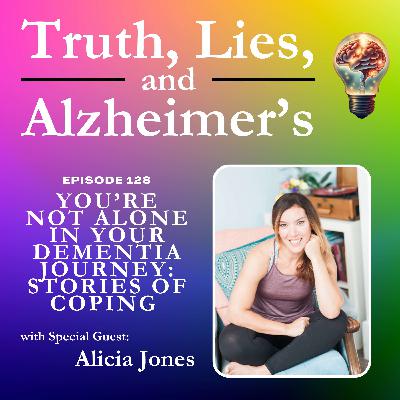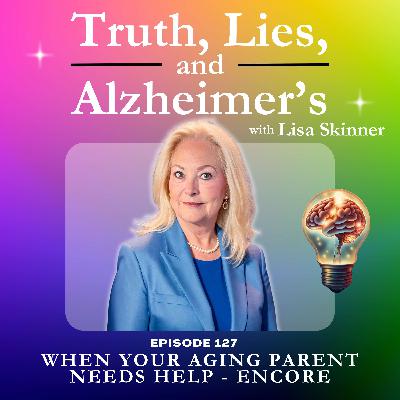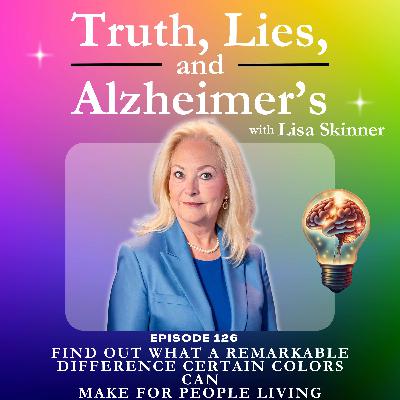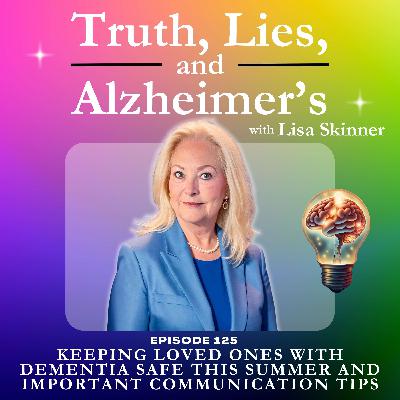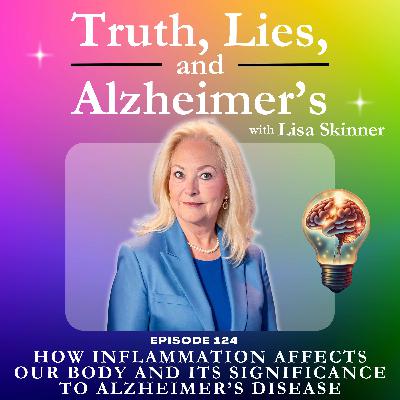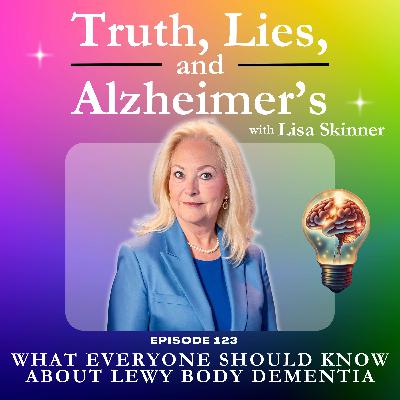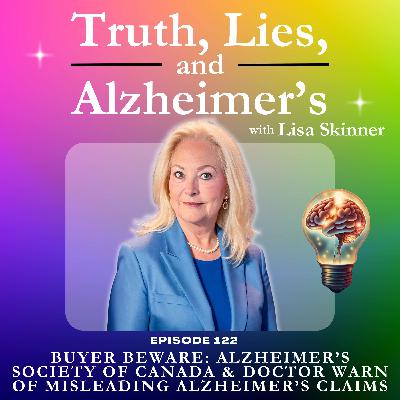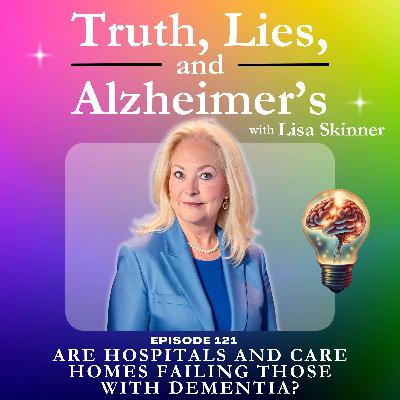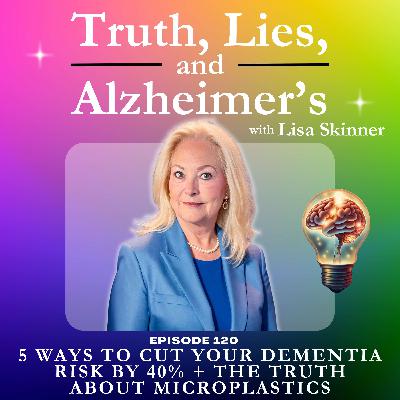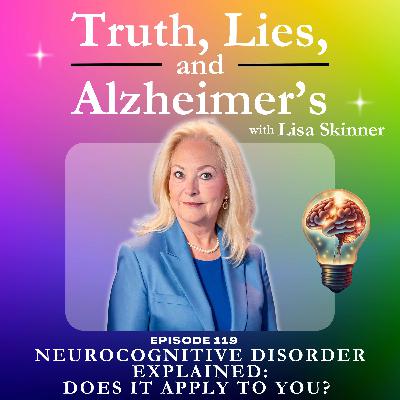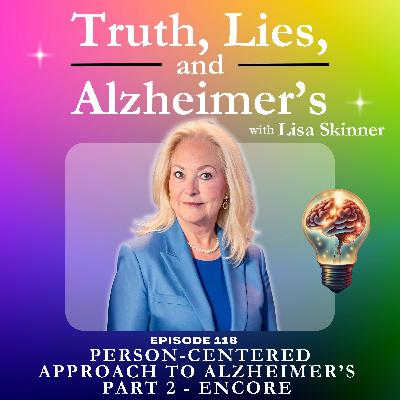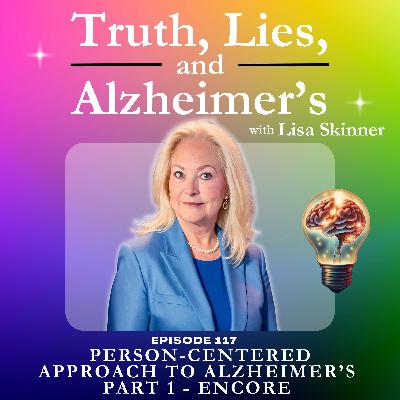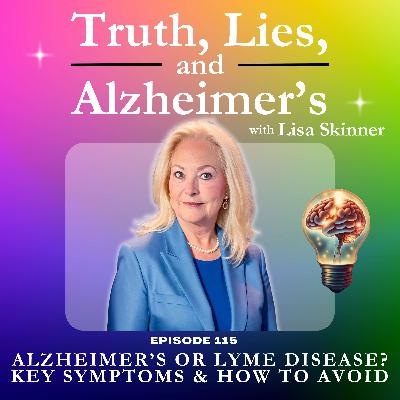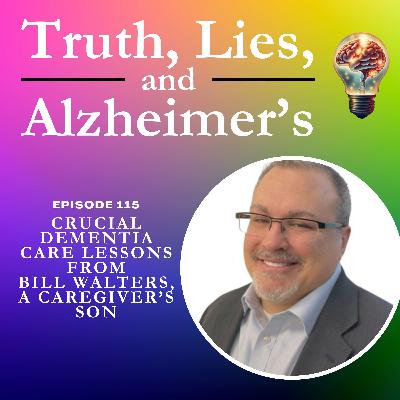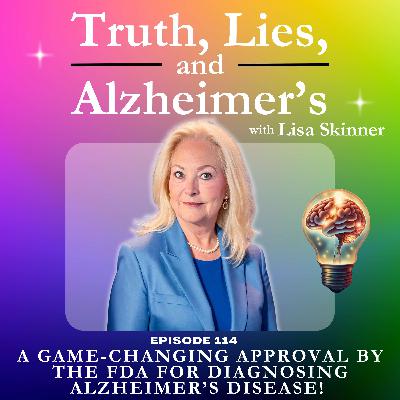Understanding Sundowning — Why Late-Day Confusion Spikes and What Helps
Description
Sundowning is a pattern of late-day confusion and changed behavior that can intensify anxiety, pacing, wandering, and agitation for a person living with dementia. In this episode, we unpack what sundowning looks like, why it happens, and practical ways care partners can reduce stress and keep evenings calmer. We also share “The Sundowning Story” of Jack, whose late-day distress eased after the right support and environment were in place.
What You’ll Learn:
- What sundowning is and how it differs from general restlessness
- Common signs: disorientation, suspiciousness, exit-seeking/elopement, and abrupt mood shifts
- Frequent triggers: fatigue, pain, overstimulating environments, complex instructions, being rushed, perceived threats, and more
- Why intent matters: behaviors are signals of unmet needs, not “being difficult”
- Practical de-escalation strategies for smoother late afternoons and evenings
Key Takeaways & Tips:
- Lower stimulation after lunch: dim bright lights, reduce background noise and clutter.
- Keep routines predictable: consistent meal times, toileting, and a calming “wind-down” block (music, hand massage, familiar TV show).
- Offer simple choices: one-step requests; avoid rapid-fire questions.
- Validate and redirect: acknowledge feelings first, then gently guide (“Let’s sit together and look at your photo album while we wait.”).
- Address comfort basics: check for hunger, thirst, pain, temperature, and footwear.
- Plan safe movement: short walks or light tasks before dusk to channel restlessness.
- Prepare for elopement risk: door chimes, ID bracelets, current photos, and a neighbors-aware plan.
Story Spotlight: Jack’s 5 p.m. Calls:
Jack called his son daily to “find the house.” With compassionate placement in a memory-care setting and meaningful evening purpose (sweeping the patio at 5 p.m.), his distress eased and dignity returned. The right support can transform late-day turmoil into calmer connection.
Resources Mentioned:
- Evening routine checklist (create your own from today’s tips)
- Local memory-care consultation (to explore environments that match current needs)
Call To Action:
If evenings are tough, pick two tips above and try them this week. Share what worked (and what didn’t) so we can problem-solve together on a future episode.
Disclaimer - This episode is informational and not medical advice. Always consult your healthcare professional for personalized guidance.
About the Host:
Author Lisa Skinner is a behavioral specialist with expertise in Alzheimer’s disease and related dementia. In her 30+year career working with family members and caregivers, Lisa has taught them how to successfully navigate the many challenges that accompany this heartbreaking disease. Lisa is both a Certified Dementia Practitioner and is also a certified dementia care trainer through the Alzheimer’s Association. She also holds a degree in Human Behavior.
Her latest book, “Truth, Lies & Alzheimer’s – Its Secret Faces” continues Lisa’s quest of working with dementia-related illnesses and teaching families and caregivers how to better understand the daunting challenges of brain disease. Her #1 Best-seller book “Not All Who Wander Need Be Lost,” was written at their urging. As someone who has had eight family members diagnosed with dementia, Lisa Skinner has found her calling in helping others through the struggle so they can have a better-quality relationship with their loved ones through education and through her workshops on counter-intuitive solutions and tools to help people effectively manage the symptoms of brain disease. Lisa Skinner has appeared on many national and regional media broadcasts. Lisa helps explain behaviors caused by dementia, encourages those who feel burdened, and gives practical advice for how to respond.
So many people today are heavily impacted by Alzheimer's disease and related dementia. The Alzheimer's Association and the World Health Organization have projected that the number of people who will develop Alzheimer's disease by the year 2050 worldwide will triple if a treatment or cure is not found. Society is not prepared to care for the projected increase of people who will develop this devastating disease. In her 30 years of working with family members and caregivers who suffer from dementia, Lisa has recognized how little people really understand the complexities of what living with this disease is really like. For Lisa, it starts with knowledge, education, and training.
Thanks for listening!
Thanks so much for listening to our podcast! If you enjoyed this episode and think that others could benefit from listening, please share it using the social media buttons on this page.
Do you have some feedback or questions about this episode? Leave a comment in the section below!
Subscribe to the podcast
If you would like to get automatic updates of new podcast episodes, you can subscribe to the podcast on Apple Podcasts or Stitcher. You can also subscribe in your favorite podcast app.
Leave us an Apple Podcasts review
Ratings and reviews from our listeners are extremely valuable to us and greatly appreciated. They help our podcast rank higher on Apple Podcasts, which exposes our show to more awesome listeners like you. If you have a minute, please leave an honest review on Apple Podcasts.


